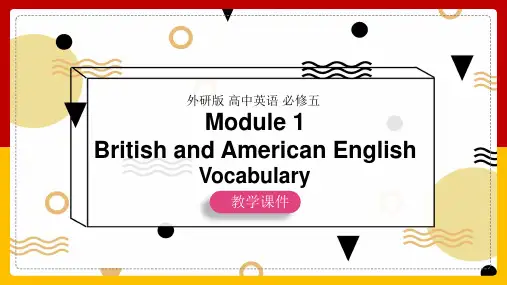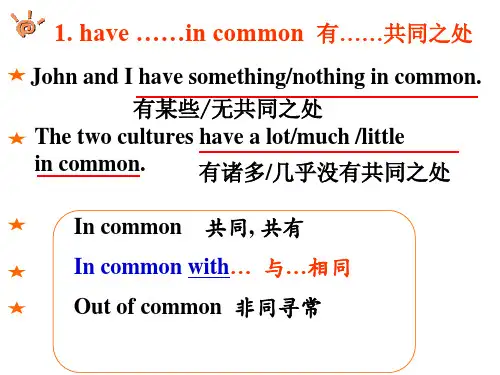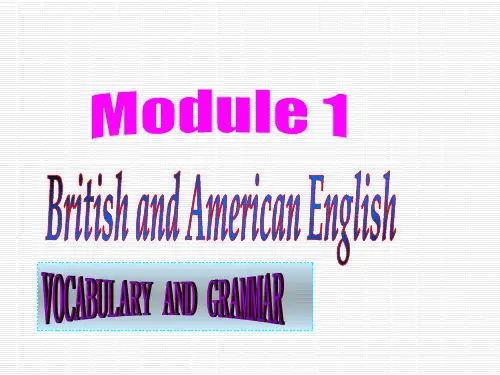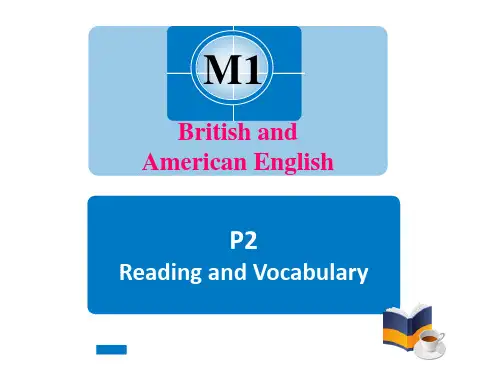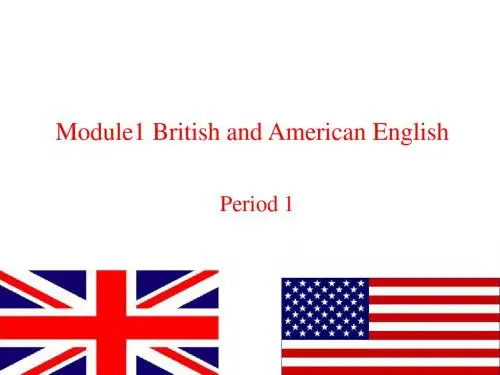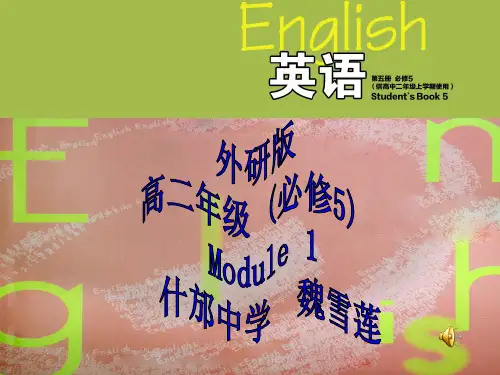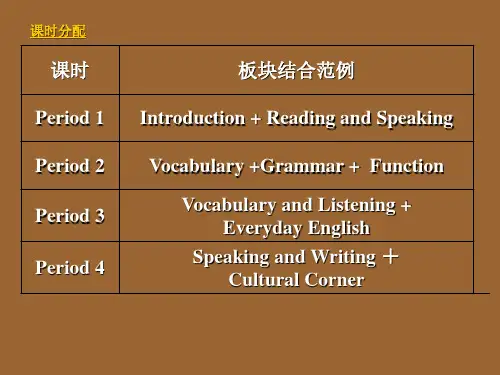一、一样现在时 1. 表示习惯性的动作,常与always, never,
every day, often, sometimes等连用。 e.g. The postman always _c_a_l_ls_ (call) at
7:30.
2. 表示主语的特点、性情或能力。 e.g. Ellen is an honest girl, and you can trust her. Jack _w__r_it_e_s__ (write) good English but does not speak well.
A. will find
B. found
C. had found
D. have found
句意:当你通读这本书时,你将会发觉成千上万的经历过二战的每个人 都有不同的经历。根据句意,判定主语的时态为一样将来时,故选A。
四、现在完成时 (构成情势为:have / has +动词-ed情势)
1. 表示过去产生的动作对现在有影响, 常与already, yet, never, recently, ever 等连用。
Teenagers _____ their health
because they play computer games
too much.
A. have damaged B. are damaging
C. damaged
D. will damage
Ladies and gentlemen, please fasten
6. The percentage of non-English web pages i_s_g_r_o_w__in_g__.
7. What languages _d_o_ people _s_t_u_d_y_ in China?
